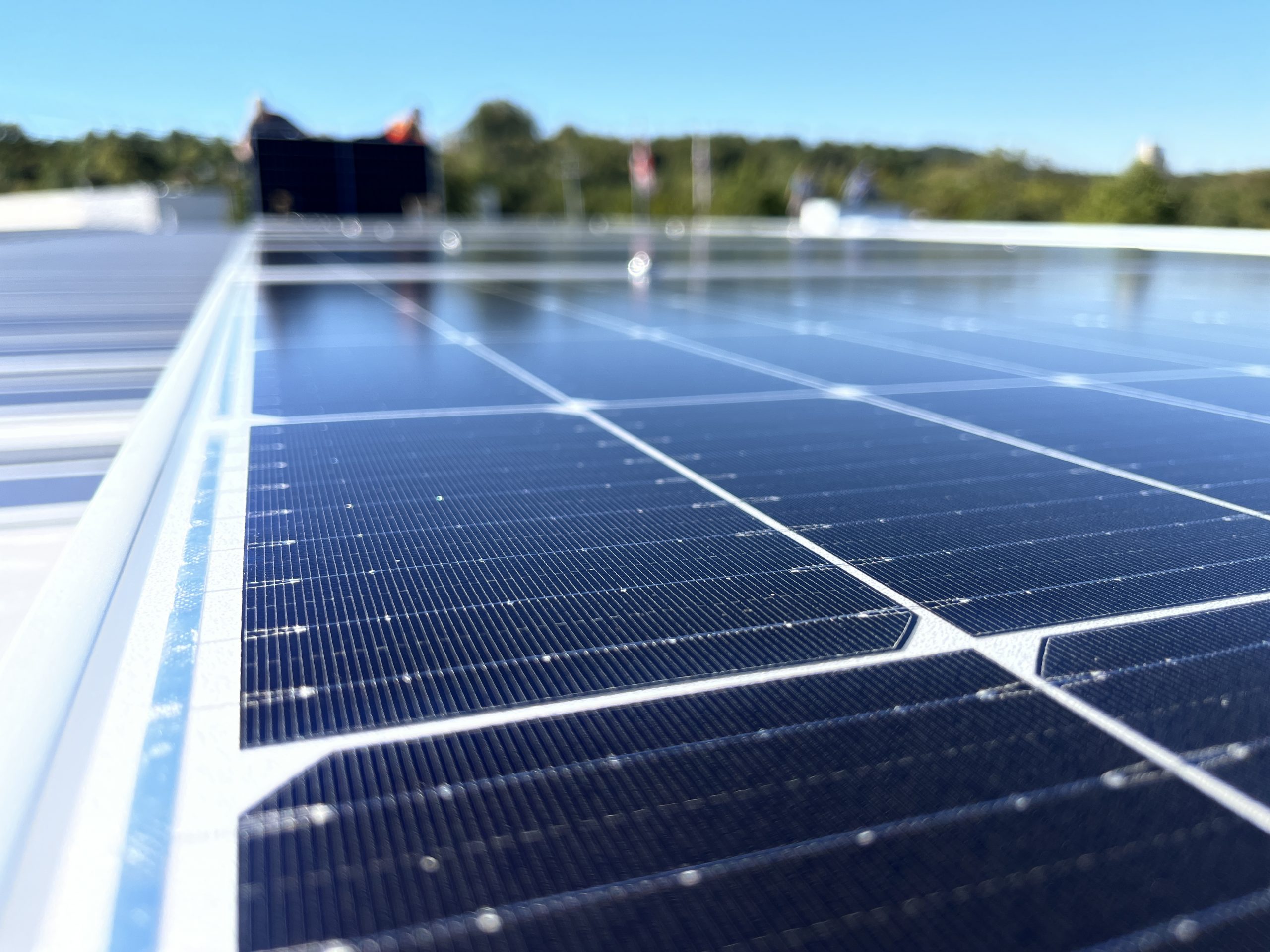
Last Updated on January 19, 2024 by Anne Brock
How can you put more of your hard-earned tax dollars to work for yourself instead of paying the federal government so much on April 18th (AKA April 15th)? Renewable energy could not only curb your tax burden the next time around, but could be a key to building equity and wealth in the long run.
“There are two scenarios going on simultaneously. First, you are paying federal taxes no matter what, so why not direct the funds to something that will help make your business more profitable instead of letting the government choose how to spend your money? Second, solar is an equity play. This is like renting versus buying a home. You can rent a home and continue to pay money but build no equity, or you could buy a home and build wealth over time. Along that line, you can buy electricity from the utility (rent) or produce your own from solar at a lower cost for the next 25 years,” explained Solar Alliance Vice President Harvey Abouelata.
Your sigh of relief may not come until April 19th this year, with the annual tax filing deadline falling on a Tuesday. If you were wondering why the deadline comes on the second business day after the 15th, the explanation from the Internal Revenue Service is the observance of April 17th as the District of Columbia’s official Emancipation Day holiday.
Why is solar such a great opportunity for a tax break? It’s a key piece to the larger solution of distributing electricity, which gives you peace of mind while strengthening communities and the overall power grid, making it less vulnerable to power outages. Washington is encouraging you to consider renewable energy by offering generous tax breaks. The sun provides a free source of renewable energy that you can harness with your own solar modules. This helps you more reliably lower and plan for the cost of electricity for your business or home, compared to the rising cost of paying your local power company.
The Inflation Reduction Act in 2022 has created a generous opportunity for those who install solar to then take at least a 30% dollar-for-dollar tax credit. Specifically, this is called the Investment Tax Credit, and can apply to businesses or individuals. If you are an entity like a church or other nonprofit, for the first time in history you can also get the equivalent of this tax deduction with the mechanism called Direct Pay.
As a for-profit entity, you may not only want to ask your accountant about the 30% Investment Tax Credit for solar, but about the additional tax-saving benefit of the Modified Accelerated Cost Recovery System or MACRS that could mean an even deeper tax savings.
Ultimately, this huge tax savings for installing solar can help you see a quicker return on your investment while beginning to cut your monthly utility bills. It could also free up more of your hard-earned money to pursue your priorities – from a better standard of living at home – to expanding your business.
“The lifeblood of our economy is local business that does so much to create jobs and economic opportunities. It only makes sense that business owners realize they may qualify for a break when adding renewables, improving their bottom line while planning for a better future,” said Abouelata.
